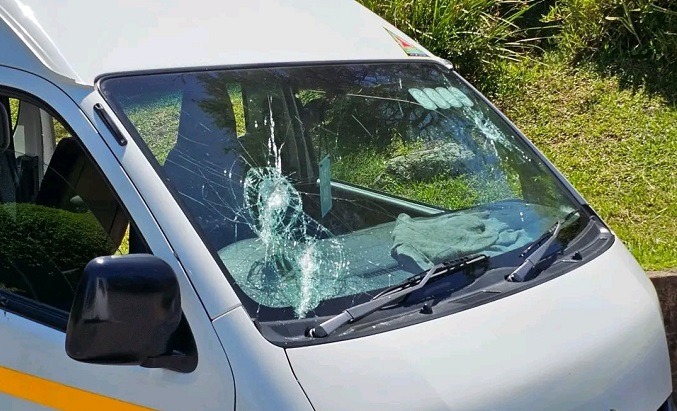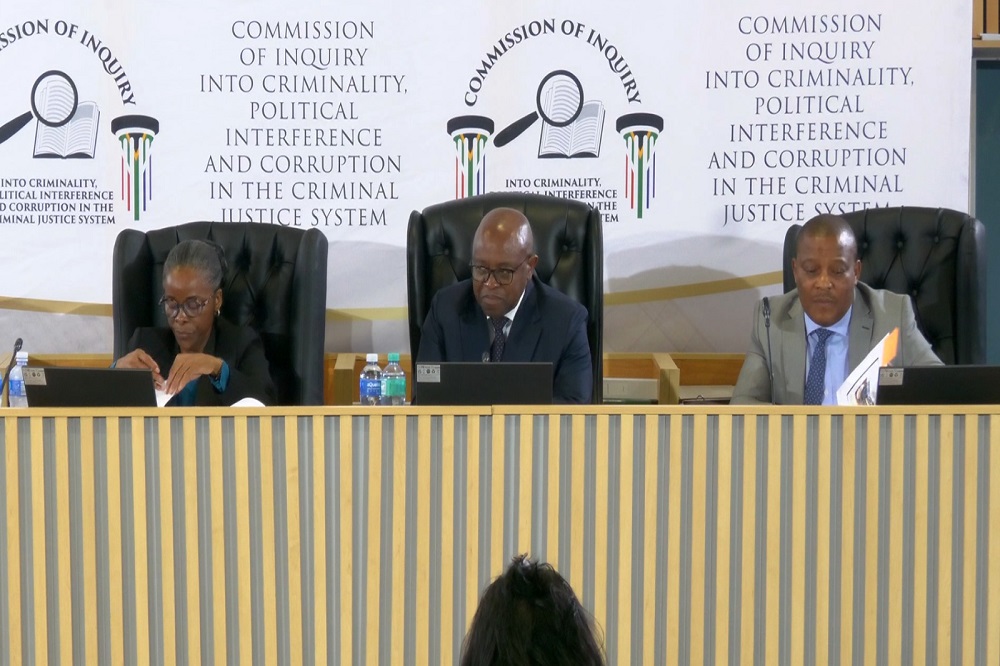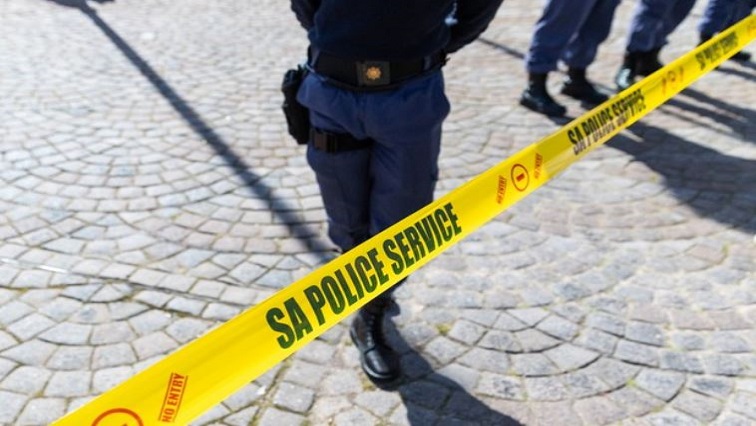-
Bullet holes on a taxi’s windscreen.
A crime expert says law enforcement in this country has enough capacity and resources to end the long, ongoing taxi warfare between taxi associations in Gauteng. Speaking to SABC News, Andy Mashaile, says the conflict of interest arises when some police have businesses in the taxi industry, making it difficult and complicated to solve such cases.
In the past four months, close to 60 people have died in taxi-related incidents in the province. The government, which has also expressed concern, says it will introduce a new system to deal with the issue of operating licenses.
It’s been a bloody year for the taxi industry in Gauteng, with the shooting of taxi operators almost every other week.
Mashaile says some police who are invested in the taxi industry as shareholders in the business are creating more challenges when it comes to investigations and solving problems. He says law enforcers and those in the justice system must desist from doing business in this industry.
“It is alleged that there are members of the South African Police Service that own taxis. When you talk about that unit that has been established to deal with this violence, that violence might have some challenges from those who are alleged to be in the same industry, making it difficult when it comes to investigations of crimes and criminality within the force,” says Mashaile.
Mashaile says the policing sector has enough resources to combat taxi violence. And that crime intelligence should play a pivotal role in curbing the bloodbath in taxi warfare.
“When it comes to resources, there are enough resources. Remember in preventing taxi violence, you need crime intelligence. You need the intelligence that comes from the security arm of the taxi industry. The patrollers, in this case, would be the security arm of the business. When they share information with your crime intelligence and police officers, it will help with regard to the information that you have congregated,” says Mashaile.
The Transport department says it’s fully aware of taxi wars that have claimed hundreds of lives over the years.
Spokesperson Collen Msibi says a meeting held last week involving transport stakeholders like Santaco was positive and will pave the way forward in helping to end the bloodbath.
“It was indeed a fruitful meeting and what was important about this meeting was the fact that the industry itself, both Santaco and NTA, were asked to go out and reflect on some of these issues that are affecting the taxi industry, so that in the next meeting they can come back and present. In other words, they must come back and tell us how they can be able to regulate amongst themselves without government being the one to intervene,” says Msibi.
Authorities say they hope to introduce the National Land Transport Information System soon, which will deal with the issues of operating licenses.
“The National Land Transport Information system is being loaded with the operating licenses. It should be coming online quite soon. So, we believe to a very much extent that system is going to assist us to deal with the issues of operating licenses,” Msibi explains.
The multi-billion-rand taxi industry carries over 60% of South Africa’s commuters. And there are growing fears that some of these commuters could become the next victims in the brutal fight between waring taxi associations.
Video: Gauteng’s Taxi Associations to give feedback on peace talks – Calvin Dludla shares more











